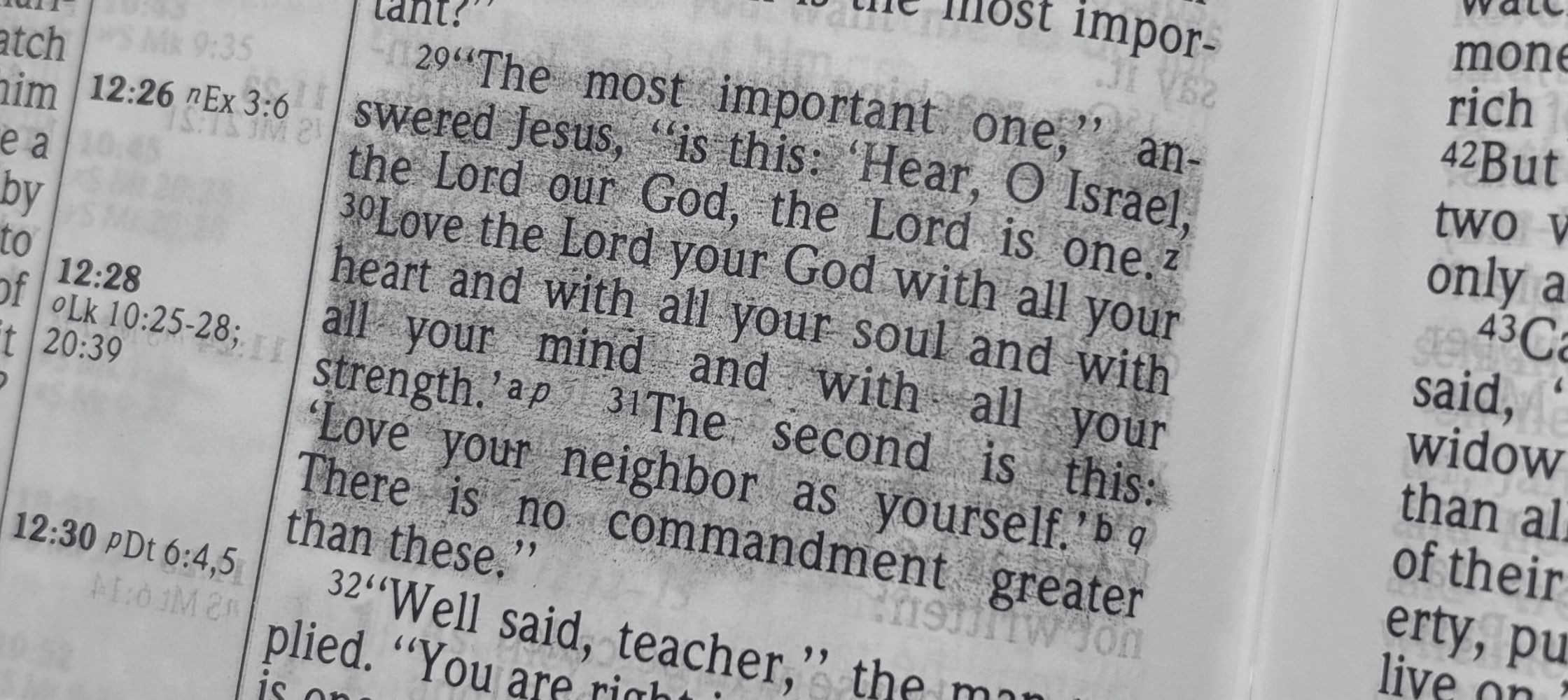Thank you! Your submission has been received!
Oops! Something went wrong while submitting the form.

By: Bob Rodgers
July 4, 2022
In his book, Why Churches Die, Hollis Green notes,
“There is no command in the Scriptures for sinners to go to the house of God, yet there are explicit instructions for believers to “make disciples” as they go into all the world.”[1]
I appreciate the author's clear observation in coming back to the primary goal of making disciples as we touch lives in the world with the gospel. Hollis further notes,
"The business of making disciples throughout the world is the primary work of the church."[2]
He acknowledges that discipleship is a nurturing process for those new converts. And I believe the Scriptures indicate that this means making disciples in the context and responsibility of the local church.
That does seem to be a New Testament pattern. For example, on their first missionary journey, Paul and Barnabas had a distinct plan for planting churches. According to Acts 14:21, we read, "When they had preached the gospel to that city and had made many disciples, they returned to Lystra and to Iconium and to Antioch, strengthening the souls of the disciples…" [ESV]. We note here a link between the gospel preached and discipleship making in which souls need “strengthening.” In Why Churches Die, Hollis acknowledges that while efforts are made to share the gospel to the masses,
“very little is done to make these converts into adequate disciples for Christ.”[3]
I guess the natural question is, “Why is that?”
Before we answer that question, it would be good to define what is meant by the terms "disciple(s)" and "discipleship." When I began ministry over forty years ago, it was pretty much simple knowledge of what it meant to be a disciple. Maybe that's because the spiritual environment or culture I lived in had at least a rudimentary knowledge in this area. Today’s general culture, and the church culture, are much different from the ’70s and ’80s. In the context of the church, discipleship is basically learning to follow Christ and helping others to be more like Christ. That happens first, of course, by having a personal encounter and relationship with Christ, who paid the debt for our sins through His death, burial, and resurrection. This was the heart of the Apostle Paul as he planted churches: the proclamation of the gospel. This is where everyone begins before discipleship takes place, but it does assume it will take place. This relationship should lead to a devotion to learning and following Christ, which we call discipleship. So, if our author above is correct, why is it many don't find themselves involved in the discipling process?
One reason for a lack of developing disciples for Christ might be a lack of maturity. As Mark Dever offers,
"But Christian discipling calls us to follow someone only insofar as he or she follows Christ."[4]
In other words, I really can't take people any further than my own walk with Christ. Following on the heels of the above, there could be a lack of understanding of how to lead a person further in their faith.
Tied to this is not knowing what “program” to use for discipling others. I think we need to be cautious in this area. Certainly, there are some valuable tools to use for helping others in their maturity. The pastor who mentored me in the ministry would often tell the congregation, "Discipleship is not a program; it is what we do day by day in helping others grow to be like Christ.” He would then describe discipleship by way of Sunday School, Awana, Sunday Evening Service, Bible Studies, one on one, and several other ministries. His thought was that discipleship happens when others are challenged with being more like Christ. We can all do that. Once we have heard and responded to the call of salvation in our lives, it will mean reminding ourselves and others that this is a commitment that comes at a cost. It will mean denying ourselves certain things in obedience to the will of God.
I close with these words from Dietrich Bonhoeffer and his book The Cost of Discipleship. He said,
“Discipleship means adherence to Christ, and, because Christ is the object of that adherence, it must take the form of discipleship.”[5]
[1] Hollis Green, Why Churches Die. (Bethany Fellowship Inc.: Minneapolis, MN., 1972), 44.
[2] Ibid, 80.
[3] Ibid.
[4] Mark Dever, Discipling: How to Help Others Follow Jesus. (Wheaton, IL: Crossway, 2016), 46.
[5] Dietrich Bonhoeffer, The Cost of Discipleship. (Touchstone: New York, NY, 1959), 59.
